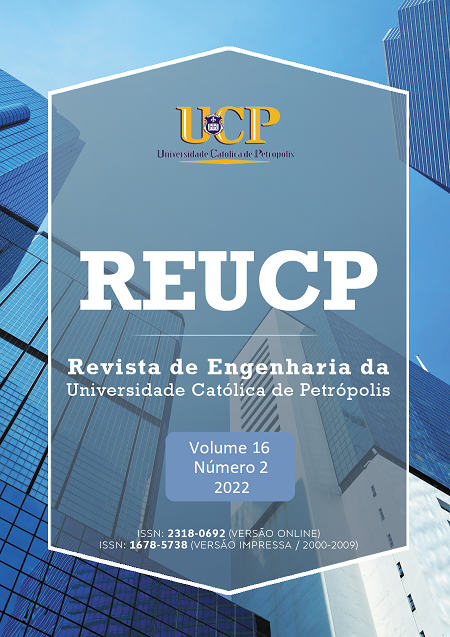APPLYING FUZZY LOGIC IN ICMS TAX FRAUD DETECTION
Abstract
In Brazilian states, the collection of ICMS (Tax on the circulation of goods and services of interstate and intercity transport and communication) is the main source of resources that allows government to have financial health to provide all the benefits to its population. The perception of suspicious behavior, which indicates a conduct of committing fraud, in relation to the collection of the tax due, is essential to the work of maintaining a balanced and consistent collection with the state economy. The modernization of the methods currently used for this purpose is essential for the state to improve the effectiveness of its function. This study aims to show that the use of fuzzy logic improves the recovery work of this important revenue, selectively selecting potential fraudsters more assertively. A Fuzzy Logic model was built to be applied in the identification of possible misconduct, characterized by a fraud scheme, where supplier companies are used to issue false invoices, with the purpose of generating tax credit for other companies. The results are a greater and faster recovery of the state's revenue, improving its financial situation and, consequently, allowing more investments in the well-being of its population. Although applied to Rio de Janeiro, the result obtained in this study has the potential to contribute in favor of any Brazilian state, as it is a national problem.
Downloads
Downloads
Published
Issue
Section
License
Autores que publicam nesta revista concordam com os seguintes termos:
I. O autor detém o copyright da sua contribuição, que abrange todos os objetos digitais que podem resultar na publicação eletrônica subsequente ou de distribuição. Após a aceitação da obra, o autor concede definitivamente à Editora o direito de primeira publicação da obra.
II. Ao enviar sua contribuição à REUCP, o autor assume e garante que:
1. Não foi previamente publicada nem está sendo avaliada por outra editora ou veículo de comunicação;
2. Não está pendente de revisão, exceto das eventualmente exigidas durante o processo editorial da REUCP;
3. As opiniões emitidas em sua obra são de sua inteira e exclusiva responsabilidade;
4. A obra não contém declaração falsa ou violação de trabalhos ou de direitos de terceiros;
5. A obra não contém difamação, invasão de privacidade ou assunto ilegal;
6. A revista poderá submeter seu original à avaliação de pessoas qualificadas e conservará sigilo e anonimato dos seus avaliadores/pareceristas;
7. A revista tem o direito de efetuar, em seu original, alterações de ordem normativa, ortográfica e gramatical, com vistas a manter o padrão culto da língua, respeitando, porém, o estilo autoral;
8. Concorda em indenizar a Editora UCP por violação de direito autoral ou qualquer outro processo movido por terceiros decorrente da publicação de seu trabalho (artigo ou resenha) na REUCP.
9. Concede à REUCP e à Editora UCP, bem como seus agentes, o direito não exclusivo e perpétua licença para publicar, arquivar e tornar acessível a obra, no todo ou em parte, em todas as formas de mídia agora ou no futuro conhecidas sob uma Licença Creative Commons 3.0 ou seu equivalente, que, para evitar dúvidas, permite que outros copiem, distribuam a obra sob as condições descritas no site da Creative Commons.
10. A pedido da Editora, concorda em fornecer prontamente à Editora UCP, às expensas do próprio autor, prova escrita das permissões, licenças e autorizações para uso de material de terceiros incluídos em sua contribuição (artigo ou resenha) à REUCP.
III. Ao enviar sua contribuição à REUCP, o autor concorda com os termos desta declaração.

